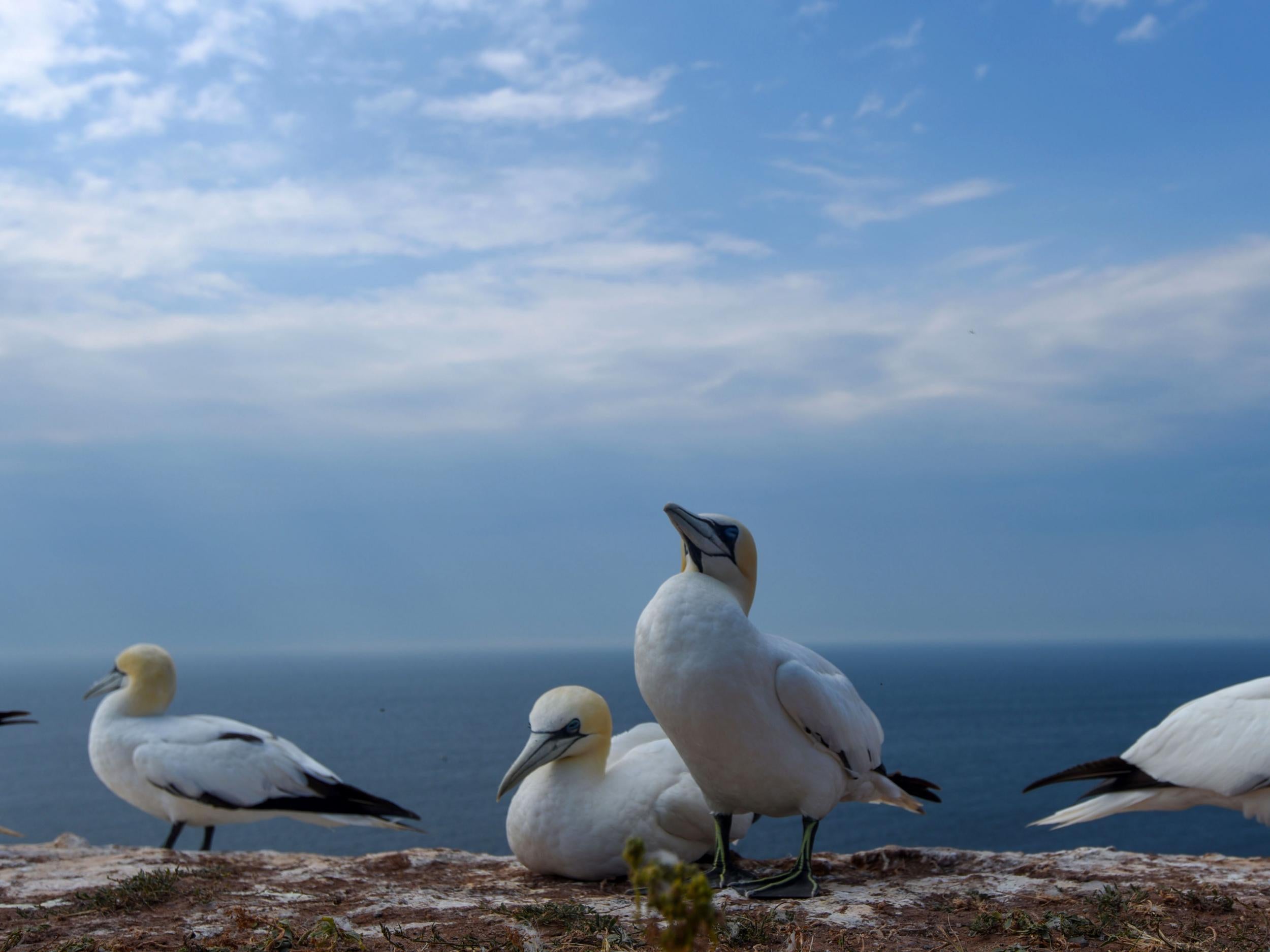Seabird populations have dropped 70% as fishing industry competes for food
Pressure from fishing adds to pollution and climate change to make ocean-going species 'most threatened bird group'

The world’s seabirds are being pushed to the brink of extinction by the fishing industry which is competing with them for food, a new study has warned.
Populations have dropped by up to 70 per cent since the middle of the 20th century, experts said.
This is partly due to habitat destruction and pollution, but the new research led by the University of Aberdeen, has revealed that pressure from fishing has played a major role in this decline.
Scientists compared two time periods – 1970 to 1989 and 1990 to 2010 – to assess the degree of competition seabirds faced for prey species such as anchovy, mackerel and squid.
The team then estimated the annual consumption of those prey species for nearly 300 varieties of seabird, based on population counts and models
This was then compared to annual catches by fishing boats as contained in the Sea Around Us world database.
The scientists found that the total annual seabird consumption decreased from 70 to 57 millions of tonnes over the study period, while annual fishery catches increased from 59 to 65 millions of tonnes over the same period.
"Our research shows, that despite the decline of the world seabird community between 1970-1989 and 1990-2010, competition with fisheries remained sustained," said the study's lead author Dr Aurore Ponchon from the University of Aberdeen. "This competition was even enhanced in almost half the oceans.
"This enhanced competition, in addition to other factors such as pollution, predation by invasive species on chicks, the destruction and changes in their habitat by human activities and environmental changes caused by climate change, puts seabirds at risk, making them the most threatened bird group.”
British mammals’ fight for survival
Show all 11She added: "This study calls for an improved management of the world's fisheries to alleviate competition pressure on seabird populations."
The research, published in the journal Current Biology, also involved scientists from the University of British Columbia and the French National Centre for scientific research.
Climate change is considered by scientists as a significant contributor to seabird declines with reports of British species such as terns and kittiwakes facing an uncertain future as sea temperatures rise.
Puffins in particular have suffered enormous losses in recent years and a report from the International Union for Conservation of Nature in April warned the iconic species was at risk of extinction.
Additional reporting by PA.
Subscribe to Independent Premium to bookmark this article
Want to bookmark your favourite articles and stories to read or reference later? Start your Independent Premium subscription today.

Join our commenting forum
Join thought-provoking conversations, follow other Independent readers and see their replies